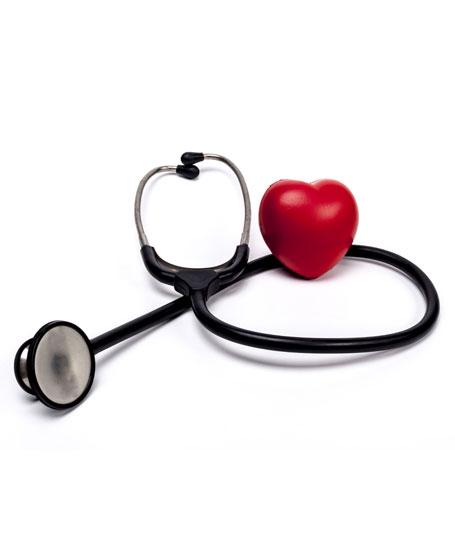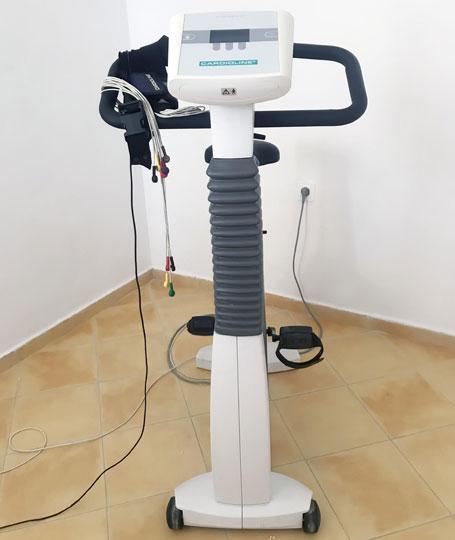
Cardiology in Tunisia is the medical specialty devoted to the heart and blood vessels and their diseases:
- Stroke
- Heart defects
- Hypertension
- Heart Failure
- Myocardial infarction
- Pulmonary embolism
- Heart rhythm disorders
- Angina pectoris
- Atherosclerosis ...

Cardiology Tunisia When to consult a cardiologist in Tunisia?
In the case where a general practitioner believes that the patient may have a heart disease or a related disease, he or she will often call upon a cardiologist for help.
Symptoms such as shortness of breath, chest pain or dizziness often require special tests.
Sometimes heart murmurs or changes in the electrocardiogram (ECG) require evaluation by a cardiologist Tunisia.
When to consult a cardiologist in Tunisia?
A cardiologist in Tunisia is a doctor with special training and skills in the research, treatment and prevention of heart and blood vessel diseases.


Cardiology Tunisia : fields of intervention
Cardiologists help people with heart disease to return to normal life and also advise patients on the risks and prevention of heart disease.
Cardiologists are also involved in the treatment of heart attacks, heart failure and serious heart rhythm disorders.
Their skills and training are needed whenever decisions are made about procedures such as cardiac catheterization, balloon angioplasty or cardiac surgery.
Cardiology Tunisia: What does a cardiologist do?
The cardiologist will review your medical history and perform a physical examination that may include checking your blood pressure, weight, heart, lungs and blood vessels.
Some problems may be diagnosed based on your symptoms and the doctor's findings during the exam. You may need some additional tests such as an electrocardiogram (ECG), a stress test, an x-ray or a blood test.Other problems require more specialized tests.
Your Tunisian cardiologist may recommend lifestyle changes or medication, depending on the patient's case.


Stress test Tunisia, the Center Clinic
Carried out for medical purposes, the Tunisia stress test (or stress test) is an exam that is used to assess the cardiovascular skills of a person suffering from chest pain or as part of cardiological monitoring, during sustained physical activity.
Many cardiologists are specially trained in this technique, but others specialize in office-based diagnosis, performance and interpretation of echocardiograms, ECGs and stress tests. Still others have special skills in cholesterol management or cardiac rehabilitation and fitness.
All cardiologists know how and when these tests are needed and how to manage cardiac emergencies, but not all cardiologists perform cardiac catheterization.


